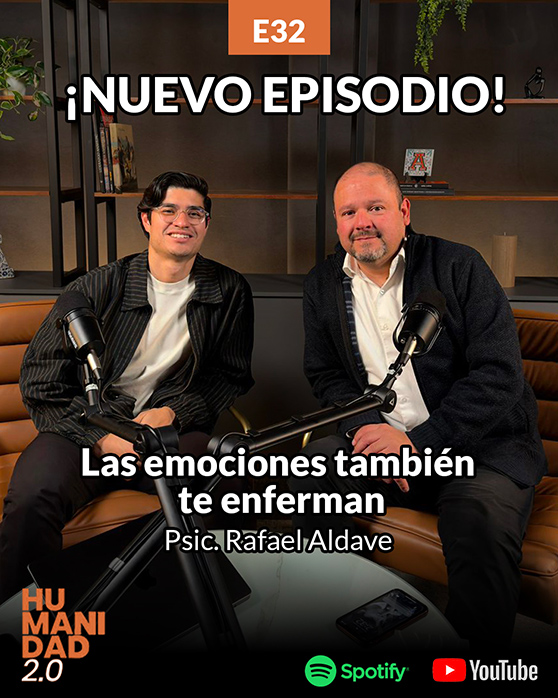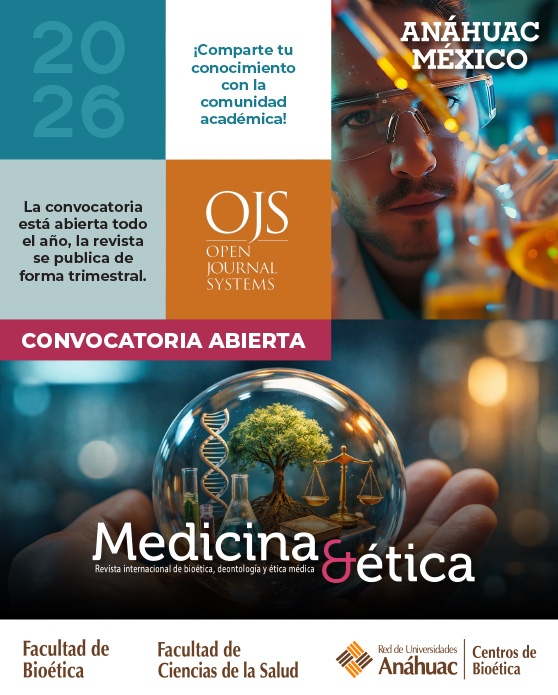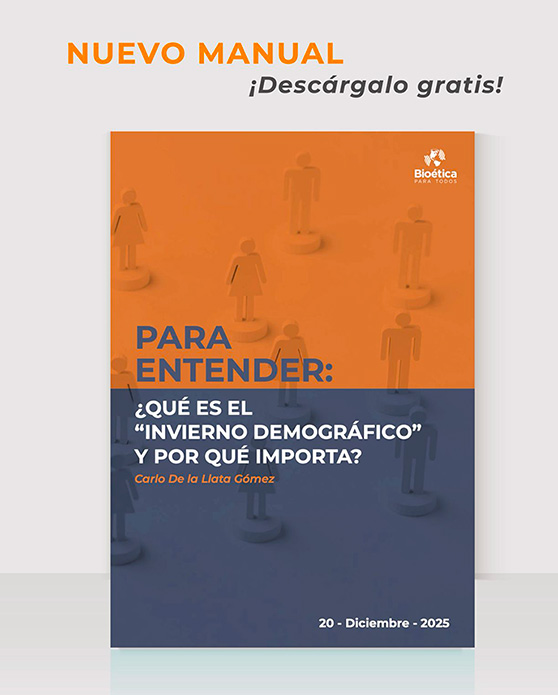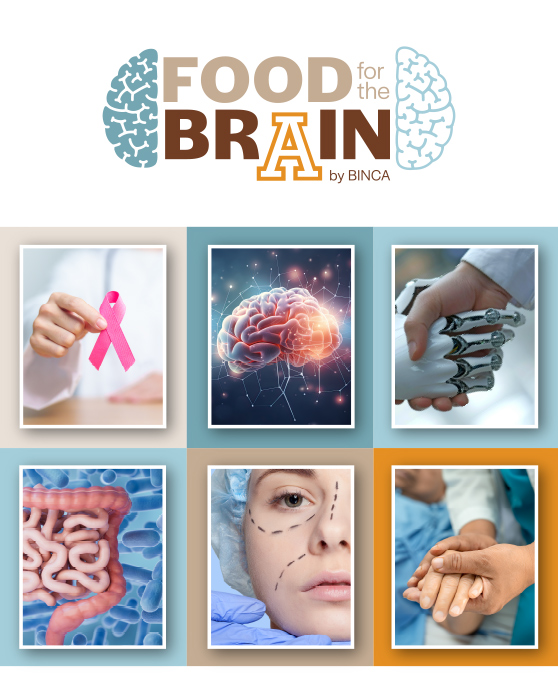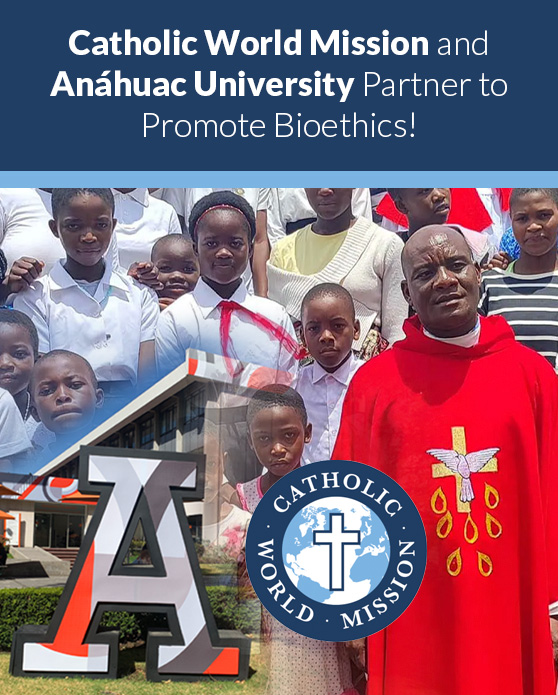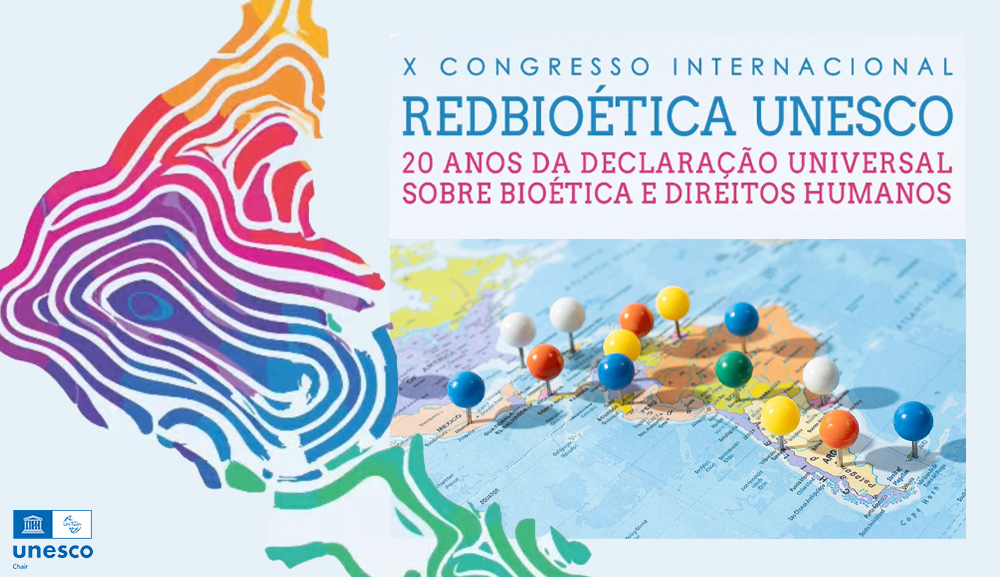
CADEBI presented the ORIBI Observatory and the Ibero-American Interactive Atlas of Bioethics, highlighting its role in standardizing information, promoting collaboration and turning data into “information for action” in Ibero-America.
The Anáhuac Center for Strategic Development in Bioethics (CADEBI) took part in the X International Congress of the UNESCO Bioethics Network (Redbioética), held at the Universidade Federal de Santa Catarina (UFSC) in Florianópolis, Brazil. Guided by the 20th anniversary of the Universal Declaration on Bioethics and Human Rights (UDBHR), the meeting was conceived as a plural space for dialogue with free admission and online streaming.
In the Virtual Papers Program (November 3, Room 1, 11:00–13:00, Brasília time), under the theme “Global Bioethics and Animal Bioethics/Interspecies Ethics” and moderated by Leandro Ribeiro Molina, Dr. Alejandro Sánchez Guerrero, CADEBI coordinator, delivered the presentation: “The Observatory of the Ibero-American Bioethics Network (ORIBI) as a Promoter of Linkages and Collaborative Work in Bioethics.”
It was explained that ORIBI emerges as a strategic, coordinated response to the complex ethical challenges facing the region. Its creation is grounded in an analysis of the Ibero-American bioethics landscape which, despite having numerous centers, committees, and training programs, is marked by a notable fragmentation of efforts. This fragmentation can work against collaboration by contributing to information gaps. In response, ORIBI is proposed as a meeting point for collaborative dialogue that does not seek to replicate existing initiatives, but rather to harmonize and consolidate efforts to strengthen the institutional development of bioethics—through the implementation of a multifaceted engagement strategy that fosters sustained collaboration.
Ibero-American Interactive Atlas of Bioethics (an ORIBI tool)
ORIBI’s operational tool is the Ibero-American Interactive Atlas of Bioethics, a priority project of CADEBI. The Atlas functions as an interactive platform that maps and compiles key information on institutions, committees, training programs, researchers, and journals in the region. ORIBI focuses on analyzing this information to generate metrics, propose governance models, and consolidate an epistemic community. This complementarity not only makes it possible to identify gaps and opportunities—such as the need to address emerging issues or strengthen international collaboration—but also to monitor the development of bioethics through a matrix of indicators for management, training, and research.
As part of the presentation at the X International Congress of UNESCO’s Redbioética, the strategic lines of the Ibero-American Interactive Atlas of Bioethics were outlined:
Continuous monitoring to maintain an up-to-date database of academic, research, and management activities in the region.
Tracking inter-institutional collaboration, identifying best practices and innovative initiatives.
A knowledge-exchange network for sharing experiences and resources among institutions and organizations.
Regular dissemination of advances and notable practices to strengthen cooperation and regional impact.
The Congress reaffirmed the development in the region of a critical, inclusive, and solidarity-based bioethics—aimed at recognizing the past and addressing present and future challenges amid interconnected humanitarian, social, environmental, climate, political, and democratic crises—while promoting human rights and the sustainability of life. Its visual identity is inspired by Joaquín Torres García’s “América Invertida,” reinterpreted as a fingerprint that symbolizes the diversity and critical perspective of UNESCO’s Redbioética in Latin America and the Caribbean, underscoring the commitment to democratizing knowledge and broadening bioethical debate across society.
CADEBI’s participation strengthens the regional momentum of ORIBI and the Interactive Atlas, aimed at standardizing information, coordinating efforts, and making good practices visible throughout Ibero-America. In his remarks, Dr. Alejandro Sánchez Guerrero emphasized that turning data into “information for action” is key to decision-making, fostering cooperation, and accelerating projects in bioethics.
More information:
Centro Anáhuac de Desarrollo Estratégico en Bioética (CADEBI)
Dr. Alejandro Sánchez Guerrero
alejandro.sanchezg@anahuac.mx

